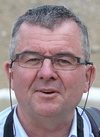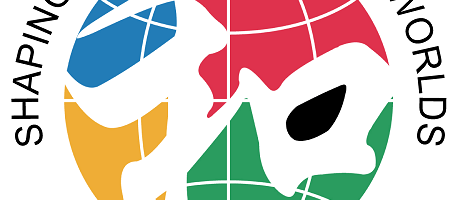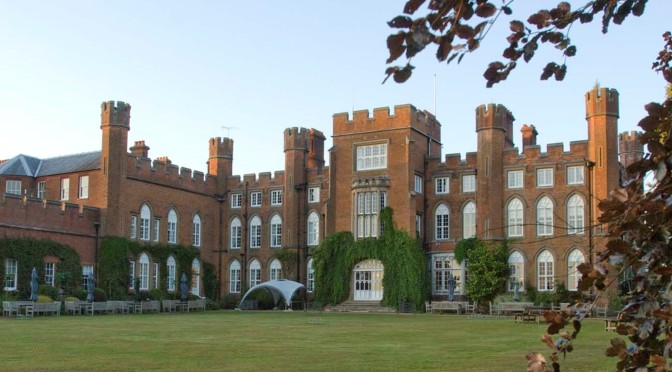Prof. Dr. Dietrich Barsch passed away on the 23rd of May 2018, shortly before his 83rd birthday. He was an internationally renowned Geomorphologist but also a dedicated representative in the field of Geography. Between 1989 and 1993 he was the chairman of the Central Association of Geography (Zentralverband der Geographie) and the Association of University Teachers of Geography (Verband der Hochschullehrer der Geographie). During this time of reunification of both German states, the realignment of the former German Democratic Republic institutions and their inclusion to the Association was close to his heart, especially as he originated in Erfurt. Many conversations with the colleagues in the Geography departments, the university management and ministries have helped to preserve the existing departments and even to re-establish them. At the same time, he became vice president of the International Association of Geomorphologists (IAG) and the organization’s president for the following four years. During his presidency, he succeeded, along with Denys Brunsden and Olav Slaymaker, to integrate the IAG into the International Council of Scientific Unions in order to raise the international awareness of Geomorphology.
His scientific career started in Bonn, where he received his doctorate from Carl Troll in 1962. He then moved to Basel, where he habilitated in 1968 with his geomorphologic work on the central Bernese Jura. Since then, periglacial research, in particular the comprehensive analysis of rock glaciers and mountain permafrost, has been one of his main research fields.
In 1972, he was offered a professorship in Kiel but changed two years later to a full professorship in Heidelberg. From 1976-1982, he directed the priority program of the DFG “Geomorphological Mapping of the Federal Republic of Germany” whose aim was to create geomorphological maps in the scales 1:25,000 and 1:100,000 of typical landscapes of the Federal Republic of Germany. A total of 45 sample sheets have been published. Apart from implementing of the legend, Dietrich Barsch was also committed to the application-oriented and computer-aided evaluation.
Other important aims in his scientific career were focusing mainly on Arctic regions and non-European high mountain ranges. He led a total of five expeditions, two of them to the Arctic (Ellesmere Island in 1978, Spitsbergen in 1990) and three to Antarctica (Kind George Island), as well as repeated visits to the Andes, Himalayas and Rocky Mountains. Together with Nel Caine he published a pioneering paper in 1984 regarding the systemic understanding of High Mountain Geomorphology. As a member of the Scientific Committee of Antarctic Research (SCAR), he contributed greatly to geographic polar research.
Since the end-1980s, fluvial geomorphodynamics represented a further focus. His main research area was the Elsenz-catchment near Heidelberg, where various questions regarding hydrology (interflow), sediment budget and paleo-ecology have been investigated within the framework of different DFG projects. Also the Svalbard Project SPE90 focused on questions of current fluvial dynamic. In 1996, his highly respected book “Rockglaciers” was published.
Apart from his research, Dietrich Barsch dedicated himself intensively to the academic teaching and self-administration. Therefore, he was multiple times acting director of the Department of Geography and twice faculty director of Geosciences at the University of Heidelberg. The numerous diploma and doctoral theses, which evolved under his supervision, reveal that the promotion of young scientists has always been very important to him. Dietrich Barsch knew, as only few university teachers do, how to arouse the interest of students in scientific challenges. His authentic passion for the discipline and his charisma captivated countless students. He quickly recognized the abilities of his students and encouraged them with the right mix of motivation and trust. Depending on the potential of his students, he was able to develop customized suggestions and solutions. Even in difficult situations, such as on excursions or under adverse conditions during research stays, he not only kept the overview and calm but also exuded by his positive attitude and optimism a confidence which provided cohesion and harmony. Dietrich Barsch has given his students great freedom – “you cannot carry the dog to hunt” was a frequently-used saying from his repertoire. Inextricably linked with Dietrich Barsch was also his trademark at the university – he always wore a bow tie with a white shirt, a professor of the old school. Many of his former graduate students have remained true to academia and have become renowned professors themselves. They have further developed his scientific foci and preferences, which were particularly located in the periglacial and fluvial geomorphology.
Due to an illness, Dietrich Barsch was suddenly torn from his job shortly before his 60th birthday. His colleagues and many students are still grateful for the time of his active work. Dietrich Barsch will remain in our memory as a highly esteemed university teacher and scientist.
For his contributions to Geomorphology, he received the Richthofen Medal of the German Working Group for Geomorphology (Deutscher Arbeitskreis für Geomorphologie) in 2005.
Roland Mäusbacher (Jena) and Lothar Schrott (Bonn)










































